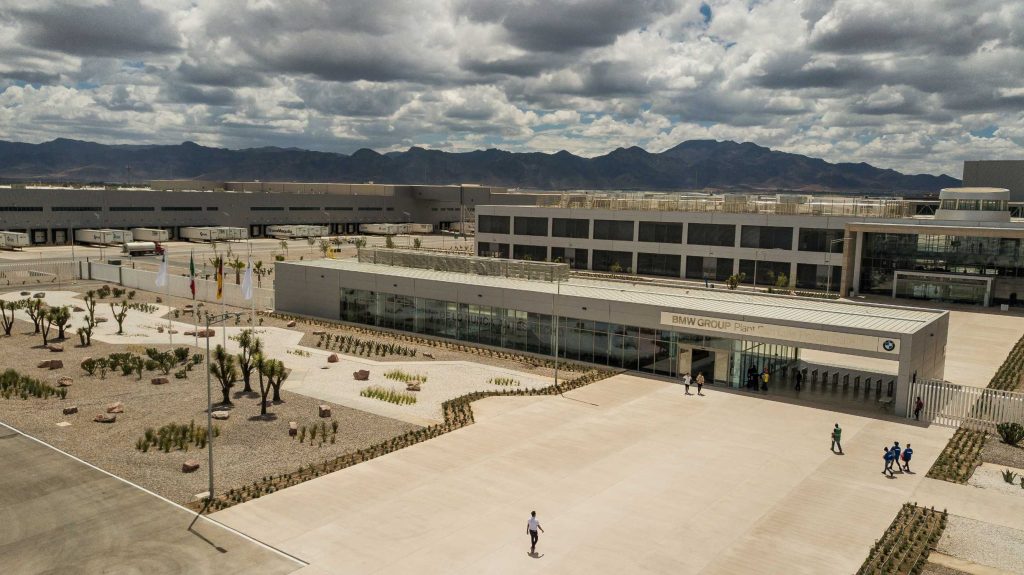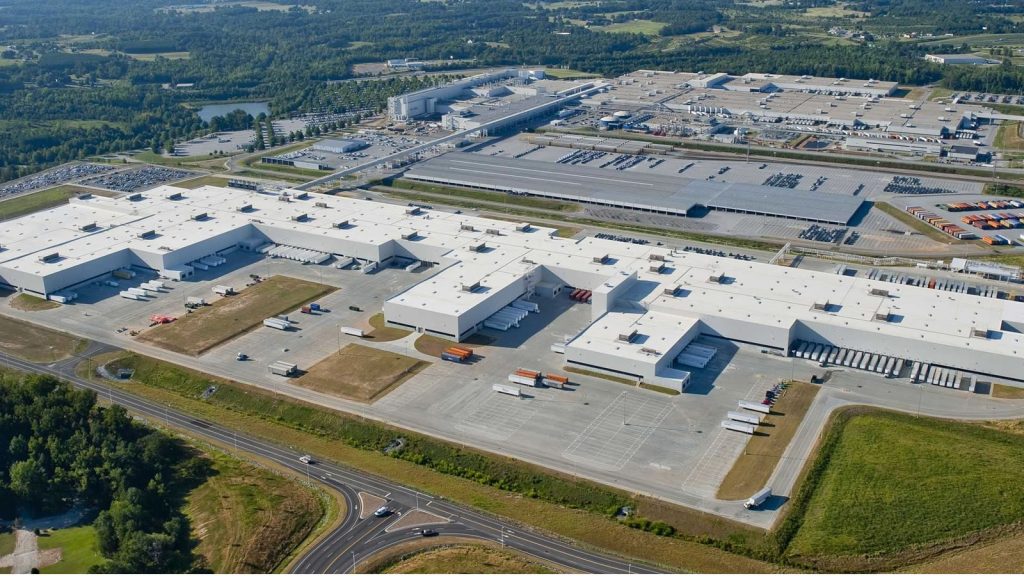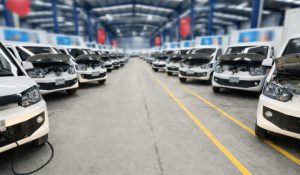
BMW Approves US$40 Million for EV Production Plant in Mexico

The alliance between the United States and Mexico to promote electromobility and overcome the shortage of semiconductors has opened the door for large automakers to increase investments in the production of vehicles and batteries.
The BMW Group invested close to 40 million additional dollars in its San Luis Potosí plant for the production of its third model in Mexico, the M2 sports car, according to information provided by the president and CEO of the brand in the region, Harald Gottsche.
The executive explained that the German brand is committed to increasing the number of domestic suppliers in order to strengthen regional production in North America, mainly of electrical components.

Read also: Hyundai Unveils Sustainable Mobility Strategy with Two New Vehicles in Chile
Key Partnerships
Gottsche pointed out that in view of the US restriction on the use of Chinese lithium, BMW has made alliances with Argentina and is analyzing the Mexican market for the use of this metal in the production of electric batteries.
The brand estimates that 2023 will be a year of stability for the supply of semiconductors, which would allow it to project double-digit sales growth in the Mexican market with the launch of 15 models, 10 of which are hybrid and electric.
In the framework of the Tech Fest BMW event, Gottsche emphasized the need to have more suppliers in Mexico, since in 2021 there were innumerable difficulties with the supply chain.
New Range
“By 2023, the new BMW iX1 and BMW i7 will arrive in Latin America, as well as the BMW XM with its BMW-developed plug-in hybrid propulsion system, as well as the BMW iX M60,” the manufacturer reported.
With this fast-growing product lineup and its high demand, BMW Group aims to have more than two million all-electric vehicles on the road by the end of 2025.
With a view to the transition to electromobility in Mexico, the premium car brand will work with various automotive companies and suppliers to install charging infrastructure in the country.
Maru Escobedo, CEO of BMW Group Mexico noted that they are working on charging infrastructure that will continue to grow. “There are 40,000 private and corporate chargers delivered in the Latin American region, 20,000 were in Mexico.”
He said that next year there will be a mobility route, so they will continue with investment projects in fast charging infrastructure, so that consumers, for each stop they make, can make a charge of 80% in their electric units.





